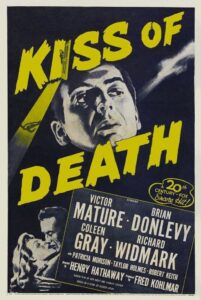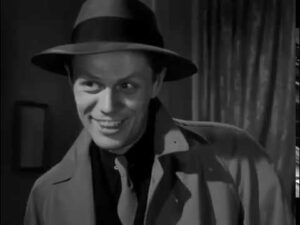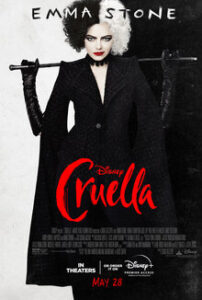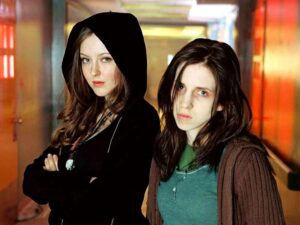Well, this has been an interesting week. Tuesday, I went for an out-patient procedure to have cataracts removed from both eyes.
I admit that I was quite apprehensive about the operation. Yes, these are routine, and surgeons perform them daily, all that is very good in the abstract but when it is your eyes getting sliced, well abstract becomes concrete quite quickly.
Overall, things went well. The most irritating aspect of the surgery itself was that it took three nurses 5 attempts to get the IV needle into my vein. One the table and thanks to the drugs pumped into my system I was awake for the entire procedure but relaxed and calm. The visuals were off, bright indistinct shapes as the doctor removed my lenses and replaced them with artificial ones.
That afternoon and evening I was unable to see anything clearly and light sources presented rainbows induced by chromatic aberrations and I passed the time listening to podcasts. Sleeping was far more difficult.
I had been given the two plastic shields to cover my eyes, they were transparent with holes to allow gas exchange and served as a barrier to prevent me from accidentally rubbing my healing eyes. Meaning I had to wear them to bed and these shields were too close to my lips with my lashes sweeping across them every time I blinked. Worse still was they tended to direct sweat into my eyes, frequently waking me with burning sensations. Luckily, I saw my Doctor the next morning and when I told her the issues, she gave me a new set of metal ones that were adjustable, and these work a hell of a lot better.
Wednesday I could see much better and by the evening I could watch TV, yay LOKI!, and playing video games. Thursday I was very nearly back to normal and today I have returned to my day-job.
Now I can get back to work on my novel, edit the first few chapter and write a new one for the tail end of the story based on the feedback my beta readers kindly gave me.






